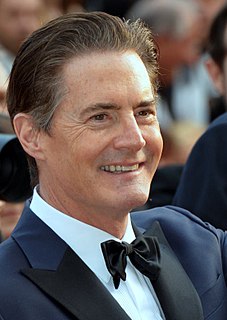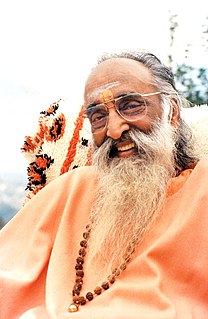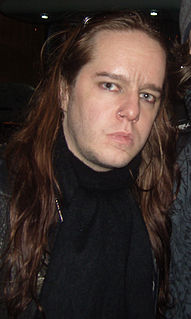A Quote by Albert Bandura
To grant thought causal efficacy is not to invoke a disembodied mental state
Related Quotes
Perceived self-efficacy also shapes causal thinking. In seeking solutions to difficult problems, those who perceived themselves as highly efficacious are inclined to attribute their failures to insufficient effort, whereas those of comparable skills but lower perceived self-efficacy ascribe their failures to deficient ability
A purely mental life may be destructive if it leads us to substitute thought for life and ideas for actions. The activity proper to man is purely mental because man is not just a disembodied mind. Our destiny is to live out what we think, because unless we live what we know, we do not even know it. It is only by making our knowledge part of ourselves, through action, that we enter into the reality that is signified by our concepts.
In the unawakened state you don't use thought, but thought uses you. You are, one could almost say, possessed by thought, which is the collective conditioning of the human mind that goes back many thousands of years. You don't see anything as it is, but distorted and reduced by mental labels, concepts, judgments, opinions and reactive patterns.
Scepticism is an ability, or mental attitude, which opposes appearances to judgments in any way whatsoever, with the result that,owing to the equipollence of the objects and reasons thus opposed we are brought firstly to a state of mental suspense and next to a state of "unperturbedness" or quietude.

































